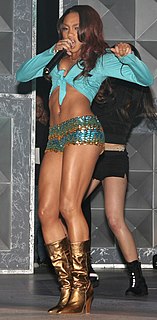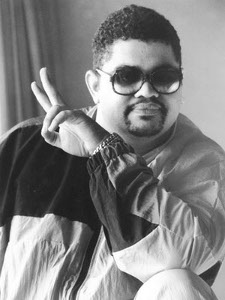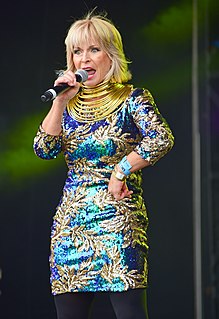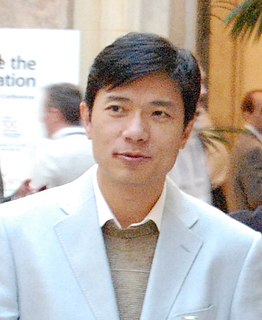A Quote by Ai Weiwei
Even though everybody who looked at me would call me a Chinese artist, that's the 1980s. New York in the '80s was not so interesting. I think it's quite narrow-minded. There wasn't much encouragement or opportunities for any artist - not just Chinese artists.
Related Quotes
As a lover of New York, I hope New York remains as successful as a city, even though the very groups on whom the city depends - like artists - are not finding it easy to stay here. That's what it's been about, really, since the 1980s. You can kind of see that coming in the 1980s even though the rents were ridiculously low compared to what the rents are now.
We do have to learn poetry at school. Poetry is interesting to me, particularly Chinese poetry. It's like an ancient form of song. There's five sentences, seven sentences - they're very different from English poetry. Chinese poetry is much more rigorous. You can only use this many words, and they will form some kind of rhythm so people can actually sing it. To me, poetry is quite abstract but also quite beautiful.
I was worried that I, the artist Morimura, would have conflicts with the participating artists and develop a strenuous relationship with them. But the actual experience was completely the opposite. The artists accepted my requests rather positively, because it came from a fellow artist. I strongly feel that the fact that my being an artist avoided the usual curator vs artist tension, and led to creating a positive atmosphere as well as developing a solidarity amongst artists and building a community for artists.
I think so many great artists are flocking to LA because the downtown art scene is so vibrant, there is cheap living and you can really flourish as an artist there. There is an unbelievably supportive and really smart, talented theatre audience in LA full of young, hungry, vibrant people. It's something that sort of makes me think of what New York must have been like in its downtown theater scene in the 1980s - before my time.
If the Chinese economy can be opened so that currencies are convertible, Chinese tourists can take money and go see the world. Chinese businessmen can go and buy property in the U.S. and France and every place. All of a sudden, it's just going to be a blossoming global economy. I think it's going to be good for everybody.
I was raised, myself, by extremely strict but also extremely loving Chinese immigrant parents. To this day, I believe that their having high expectations for me, coupled with love, was the greatest gift that anyone's ever given me. And so that's why, even though my husband is not Chinese, I try to raise my own two daughters the same way.




































